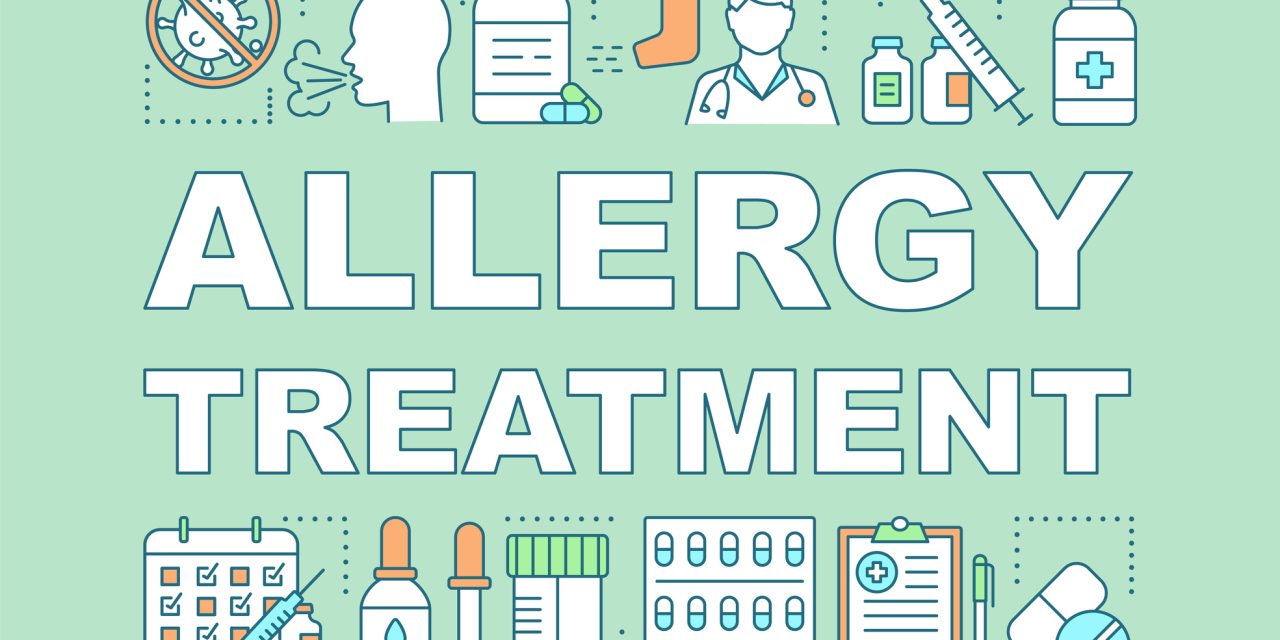Airway epithelium plays an important role as the first barrier from external pathogens, including bacteria, viruses, chemical substances, and allergic components. Airway epithelial cells also have pivotal roles as immunological coordinators of defense mechanisms to transfer signals to immunologic cells to eliminate external pathogens from airways. Impaired airway epithelium allows the pathogens to remain in the airway epithelium, which induces aberrant immunological reactions. Dysregulated functions of asthmatic airway epithelium have been reported in terms of impaired wound repair, fragile tight junctions, and excessive proliferation, leading to airway remodeling, which contributes to aberrant airway responses caused by external pathogens. To maintain airway epithelium integrity, a family of epidermal growth factor receptors (EGFR) have pivotal roles in mechanisms of cell growth, proliferation, and differentiation. There are extensive studies focusing on the relation between EGFR and asthma pathophysiology, which describe airway remodeling, airway hypermucus secretion, as well as immunological responses of airway inflammation. Furthermore, the second EGFR family member, erythroblastosis oncogene B2 (ErbB2), has been recognized to be involved with impaired wound recovery and epithelial differentiation in asthmatic airway epithelium. In this review, the roles of the EGFR family in asthmatic airway epithelium are focused on to elucidate the pathogenesis of airway epithelial dysfunction in asthma.
Airway Epithelial Dysfunction in Asthma: Relevant to Epidermal Growth Factor Receptors and Airway Epithelial Cells.


